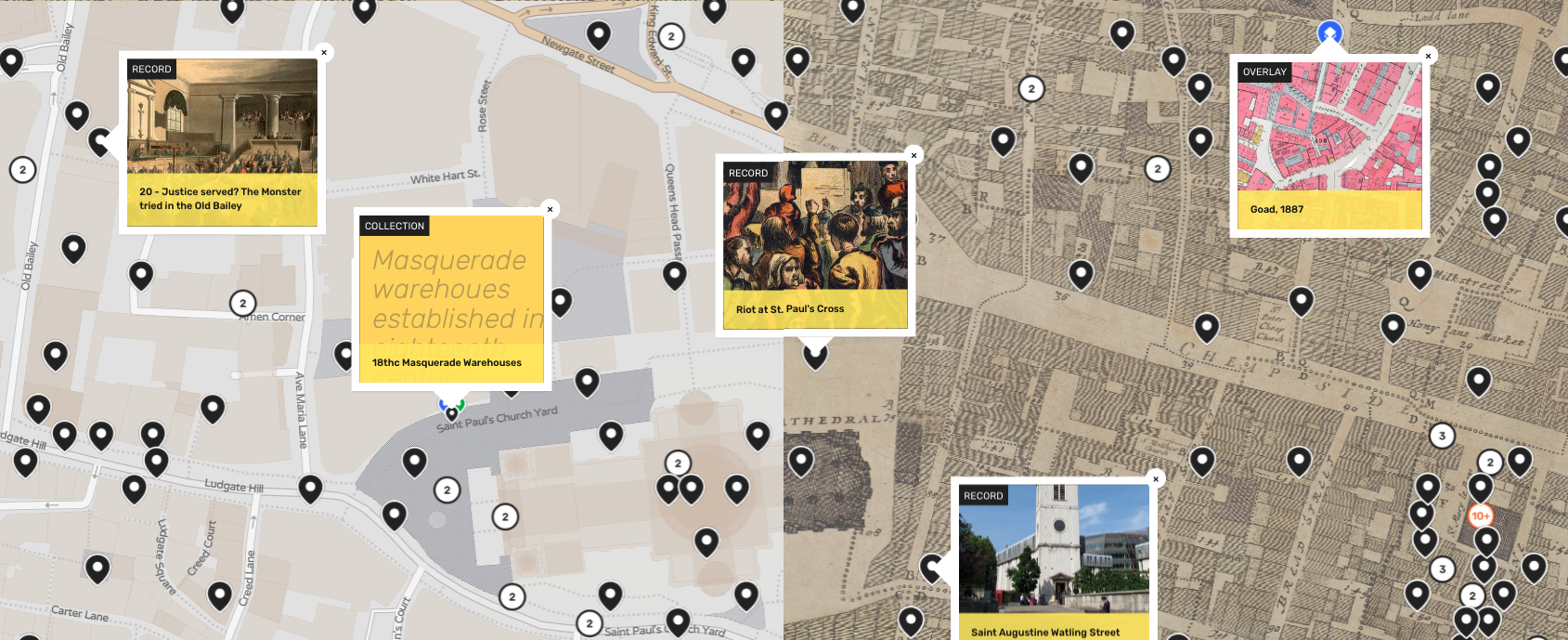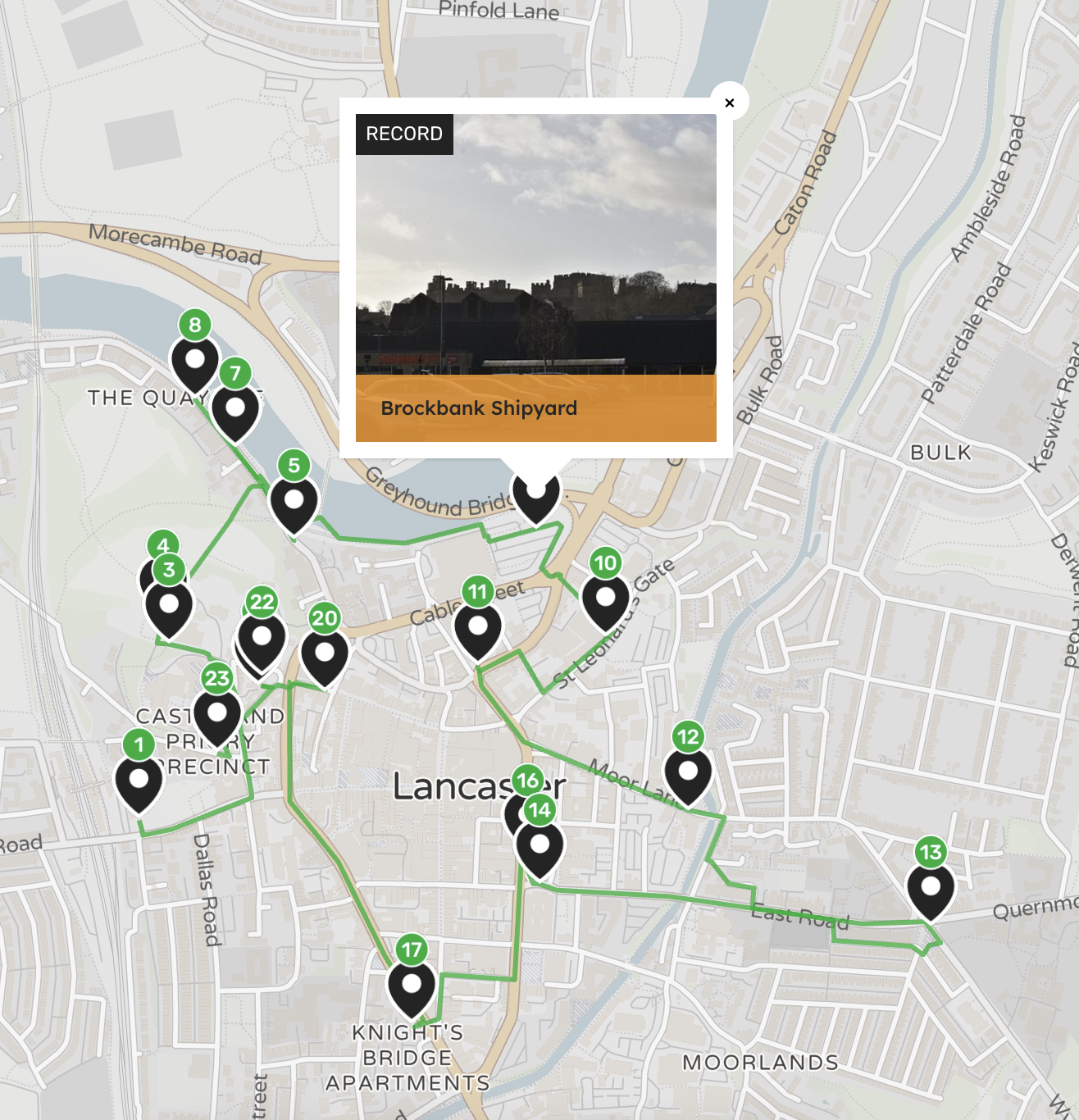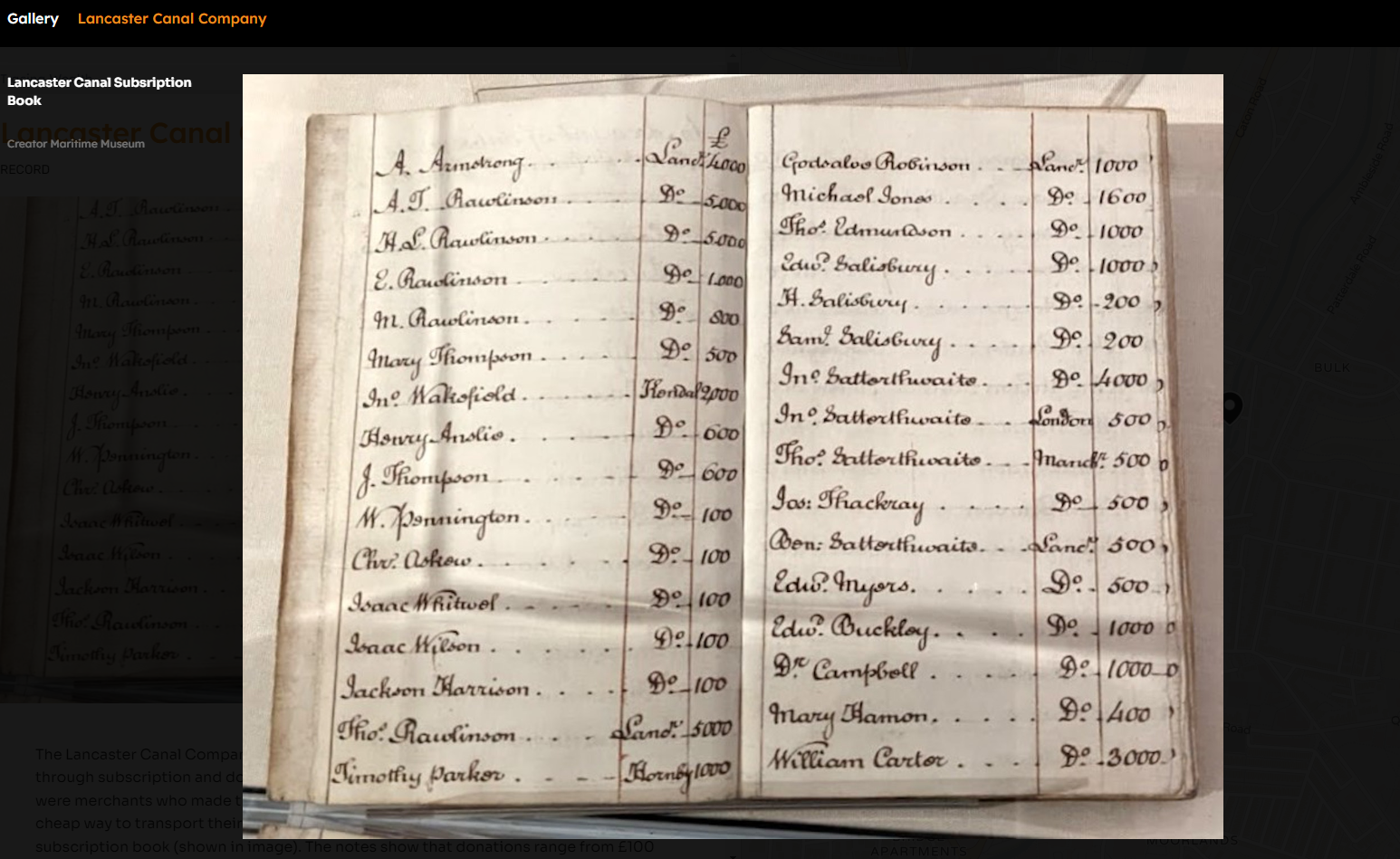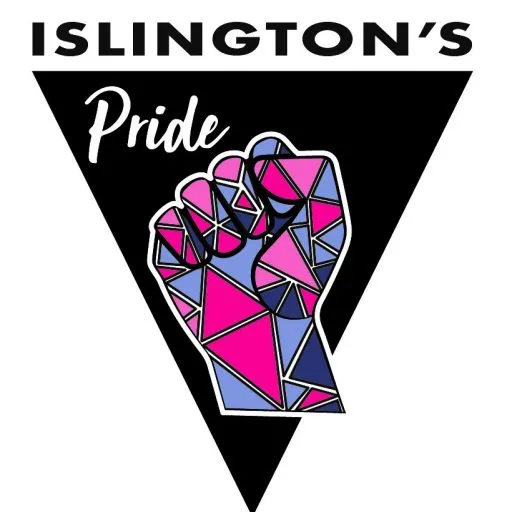Humap loves digital humanities! Keep scrolling to learn more about digital humanities maps on our platform…
- Sectors
The digital humanities are known for embracing innovation

In this section
Digital humanities in action
To see how digital humanities interactive maps look on our platform, click the links below:
- Facing the Past: from the University of Central Lancashire and partners, this project explores Lancaster’s historical relationship with the slave trade.
- Portalis: the South Eastern Technical University of Ireland and the University of Wales, Trinity St David are investigating the earliest voyages between Wales and Ireland.
- The Refugee Map: a digital map archive of the Wiener Holocaust Library’s collections.
- The UK Holocaust Map: created by the Association of Jewish Refugee, this map explores British Holocaust history.
- Coventry Atlas: from the University of Coventry and several partner institutions, this living map showcases Coventry’s heritage and contemporary culture.
- Layers of London: a huge project from the Institute of Historical Research & partners. This project combines curated and user-generated content to create a truly democratic public history project.
- Islington’s Pride: from Islington Council and Islington Museum, this project celebrates Islington’s unique contributions to LGBTQ+ history and culture.
- Tampa Through Time: an archival history of Tampa FL, from the University of South Florida
- Amicable Contributors: crowdsourcing transcriptions of historical insurance documents
- Unlocking North Eastern Jewish Heritage: documenting the stories of England’s North Eastern Jewish community
- Scarborough Atlas: take a trip to the seaside – and back in time!

Humap for digital humanities
Interested in using Humap for a grant-funded project? Our Bid Kit has all of the information you’ll need for a great application. We also have a video tour and a platform overview. Our full feature list is here.
We also have a participatory archaeology/interactive cartography tool called Placemaker. which is currently being used to crowdsource archaeological data in the UK.












